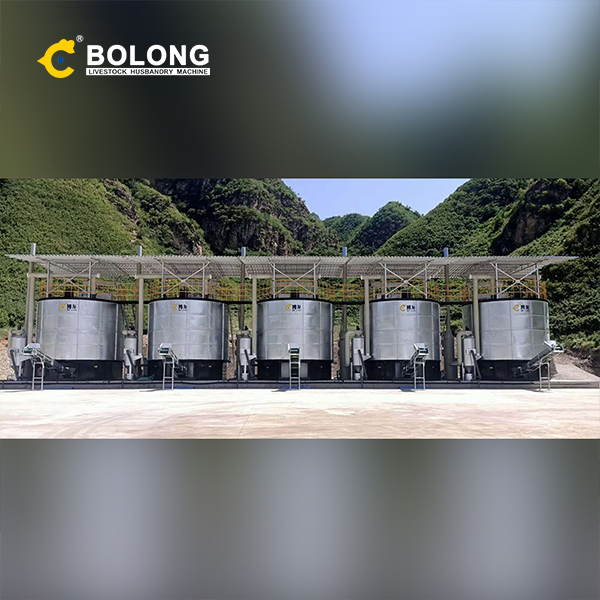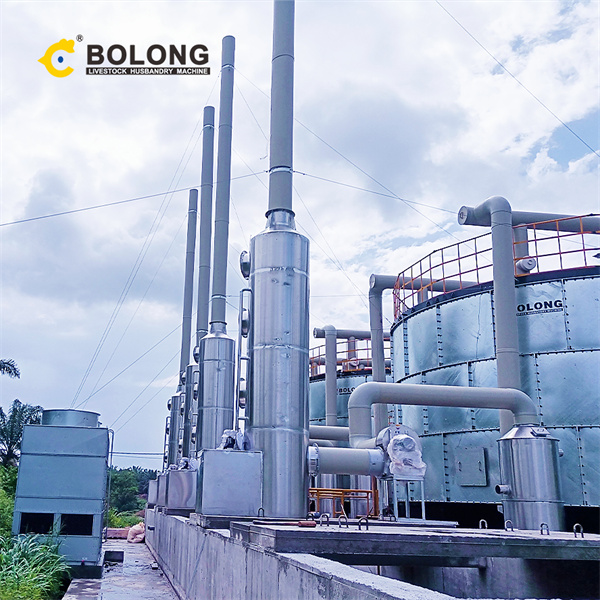Introduction: The United Nations Sustainable Development Goals (SDGs) aim to promote global sustainability. Livestock fermentation tanks contribute to several SDGs by improving manure management and promoting sustainable agriculture. This article explores their role in achieving the SDGs.

Zero Hunger: Fermentation tanks produce compost that enhances soil fertility and crop yields, contributing to food security and the SDG of Zero Hunger.
Clean Water and Sanitation: By preventing nutrient runoff and protecting water sources, fermentation tanks support the SDG of Clean Water and Sanitation.
Climate Action: Fermentation tanks reduce greenhouse gas emissions, supporting the SDG of Climate Action and efforts to mitigate climate change.
Life on Land: The improved soil health and biodiversity benefits of fermentation tanks contribute to the SDG of Life on Land, promoting sustainable land use and ecosystem health.
Case Study: A livestock farm used fermentation tanks to improve manure management. The farm contributed to multiple SDGs, including Zero Hunger, Clean Water and Sanitation, Climate Action, and Life on Land.

Conclusion: Livestock fermentation tanks support the Sustainable Development Goals by enhancing soil fertility, protecting water sources, reducing greenhouse gas emissions, and promoting biodiversity. These benefits contribute to global sustainability efforts.